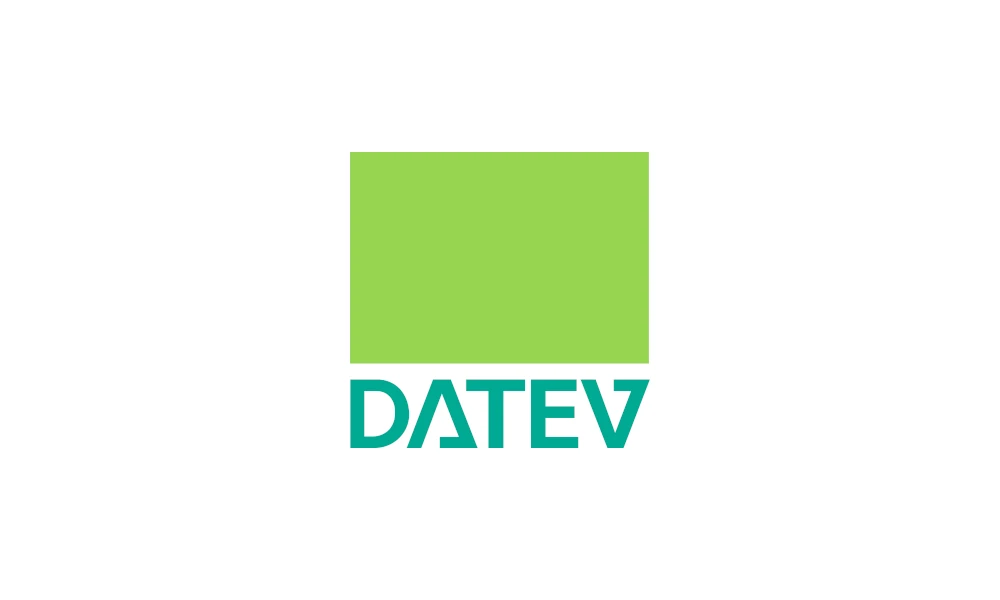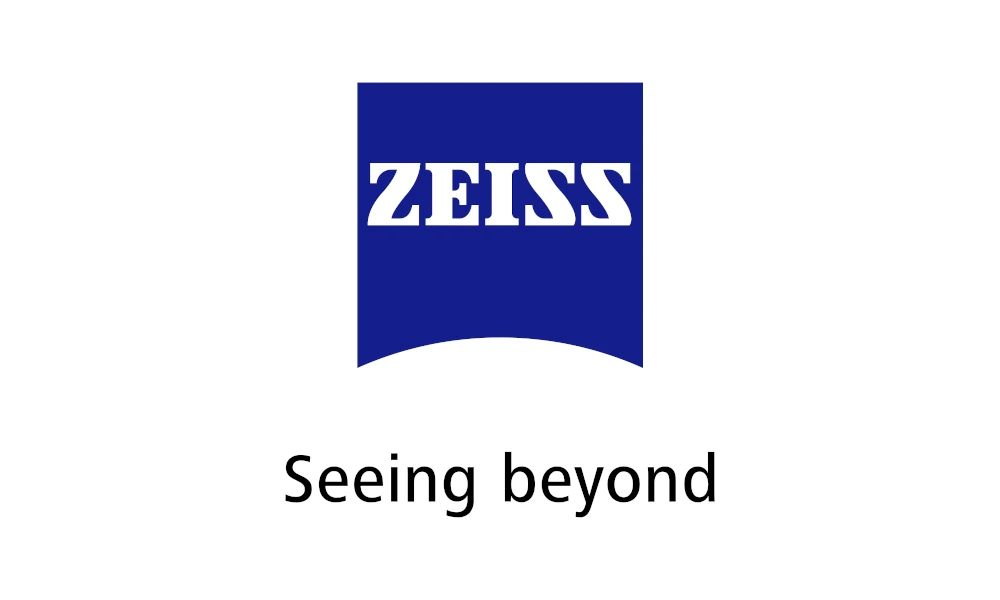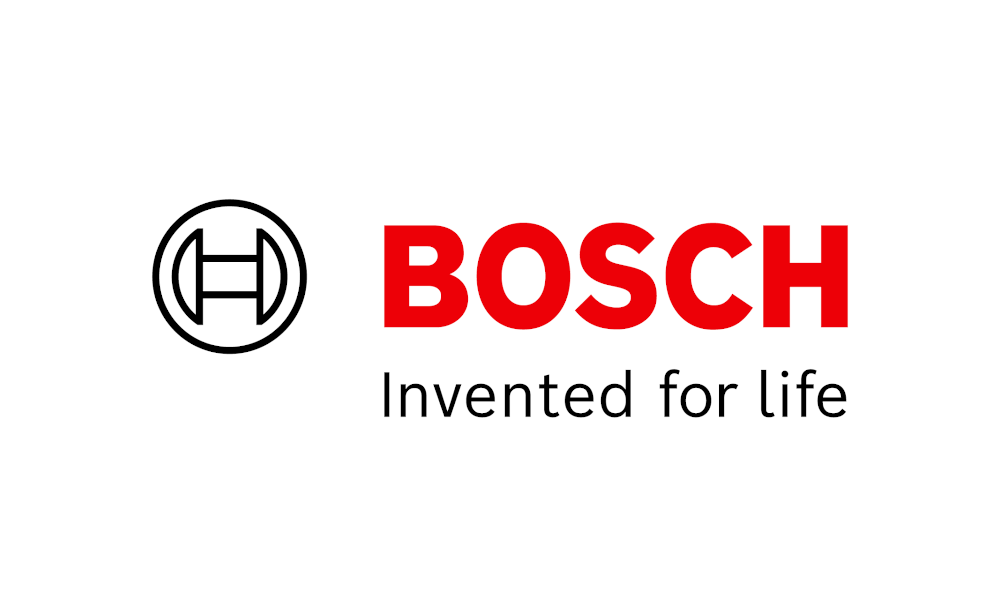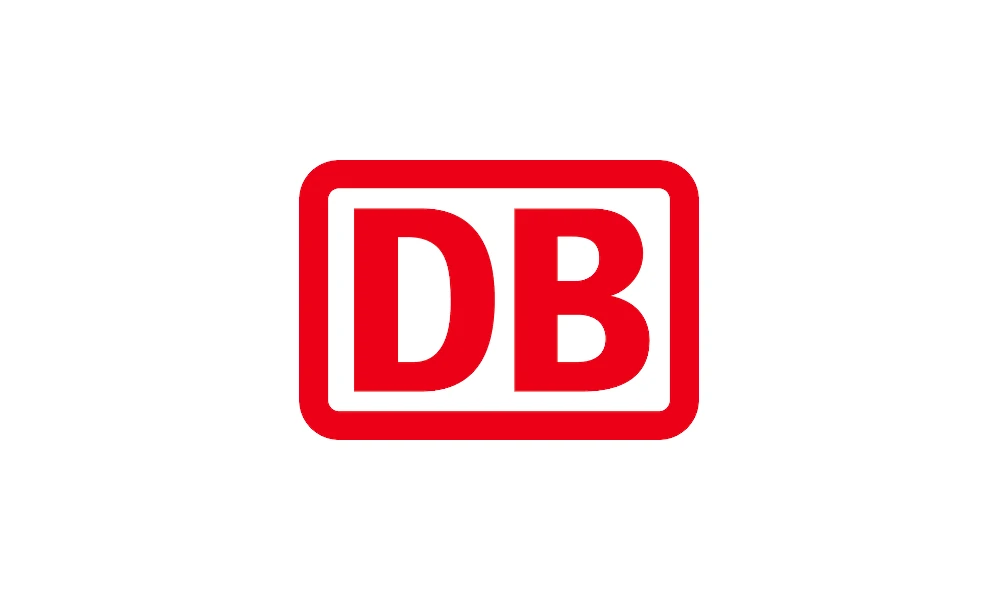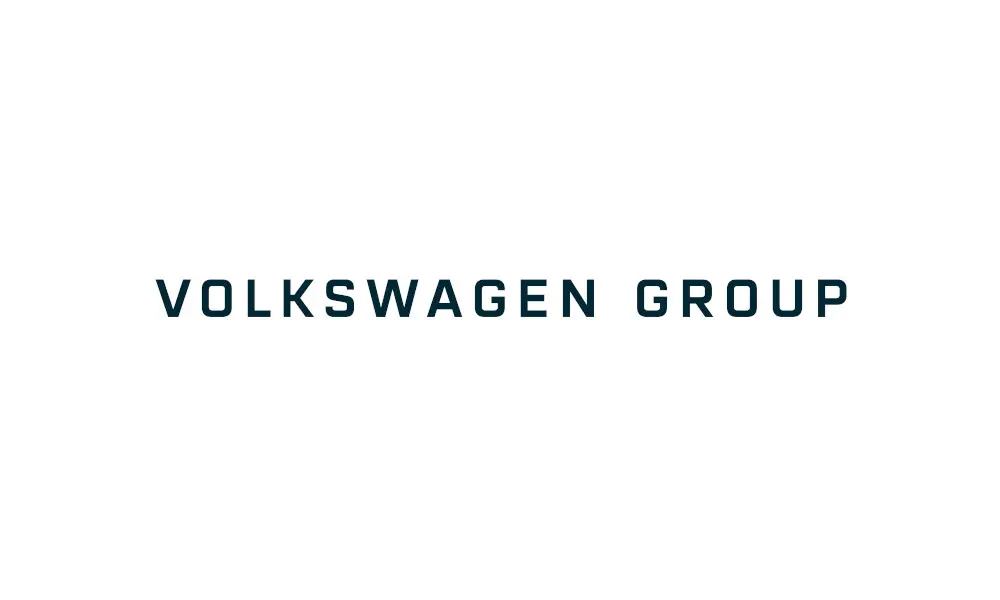
February 1, 2024: Information event on the application phase
Apply for Software Campus from 1 February until 17 March
Software Campus is looking for PhD students in computer science! In this online information event on 1 February, we provide you with all necessary information about the offerings of Software Campus program, how to apply and what you need to consider. Above all, you have the unique opportunity to easily get in touch with our partners and start the dialogue about a possible cooperation in the Software Campus. Feel free to share contact information for follow-up talks about your collaborative research project.
Agenda for 1 February, 2024
Host: Stefan Jazdzejewski, Program Lead Software Campus
11:00 Information on the application for Software Campus
11:30 Questions?
11:55 Intro from Software Campus Alumni Association
12:00 Meet our partners in breakoutrooms
12:45 End of Event (no wrap up)
How to meet our partners online
Breakoutrooms
After the general information on the program and Q&As, we will open one breakoutroom for each industry partner within MS Teams. The rooms will be open from 12:00 until 12:45.
Get in touch
Check out the research fields of our partners listed below. Visit the partner’s breakoutroom that is of interest for you and elaborate on a possible cooperation within Software Campus. Visit as many rooms as you like!
A question arises?
The Software Campus crew will stay in the plenum room for questions. You can also reach us under info@softwarecampus.de.
Breakoutrooms are open from 12:00 until 12:45
Company and person participating in the online info event
Research Fields

Dr. Jérome Geyer-Klingeberg, Head of Academic Alliance
- Customizable Process Mining Diagnosis
- Structure Learning for Causal Inference of Process Inefficiencies
- LLM for Process Knowledge Curation
- LLM for ETL
- Decisions in Complex Object-Centric Business Processes
- Novel Analytics Database Architectures
- Language Design for Domain-specific analytics
- LLM based Code Generation for Domain Specific Query

Stefan Melles, Technologische Innovation, Architektur und Technologie
- Next Generation AI: Data Analytics, Generative AI, ML, Human-Centered AI, NLP
- Next Generation Computing: Application development,Cloud Computing, Infrastructure and compliance automation, QC
- Next Generation Data: Business Intelligence, Data ecosystem, Next Data Architecture
- Next Generation Security/Trust: Autonomous processes, Digital Assets, ID Management, Security
- Next Generation Industries: Green IT, Process management
- Next Generation Interfaces: Natural user interfaces
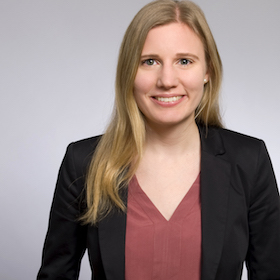
Julia Furtwängler, VP Employer Branding & Talent Acquisition
- AI generated topic summaries based on automated relevance scores
- Automatic recognition of user needs
- Research2Funder report
- Research hypothesis generation
- Micro-attributions in Open Science
- Identify, assess and publish scientific preprints
- Using LLMs to identify novel ways of scientific knowledge representation
- Explore and conduct a scientific conference in VR/Metaverse
- Securing intellectual property with Web3 technology
- Categorize/map book imprints to a publisher
- Interactive database querying for operational analytics
- AI-driven knowledge graphs
- Natural Language Processing (NLP) in educational courseware
- Book review sentiment analysis and interest spikes
- Trending book categories, authors, and specific book

Christina Bansemer, HR Business Partner
- Machine Vision / Deep Learning
- Large Language Models (LLMs)
- Explainable A
- Daten Pipelines
- MLOps
- Security Frameworks
- Industrie 4.0 Konnektivität & Datenmodellierung
- KI-Anwendungen für die Robotik
- 5G/6G
- “Digital Twin” Daten-/Informationsmodelle
- Quantum Computing
- Digitale Geschäftsmodelle

Dr. Max Riedel, Head of ZEISS Innovation Hub @ KIT
-
Computer vision and image processing
-
Sensor fusion, multi-modal imaging
-
Machine Learning, incl. generative AI
-
Explainable AI / responsible AI
-
Computer graphics rendering
-
System design and optimization
-
Human-computer interfaces
-
Robotics
-
Physics driven sensor-data interpolation and prediction
Dr. Martin Geisler, Melanie Dold, Dr. Christoph Gröger
- Efficient Fine-Tuning of GenAI Models
- Fine-Tuning and Automated Evaluation of Retrieval-Augmented-Generation Approaches
- Improving image and or video-based classification models using synthetic data for model training
- Analyze, implement and verify metadata-driven and AI-driven Data pipelining
- Data Platform Architectures and Technologies
- Preventing hacking in computer vision models specially in self-driving cars
- GenAI Trustworthiness – LLM Privacy research
- Vehicle component integration in the Metaverse
- Metaverse Wallet powered by blockchain
- Improvement of Engineering Efficiency in Sensor Development by Generative AI
Dr. Ronny Hans
- Connection of distributed cloud systems or edge computing in AI-supported image recognition
- Development of new fields of application for a digital twin in the Erzgebirgsbahn innovation area
- Cockpit for digital dispatcher in the cloud
- Development of a dynamic mapping of the Organizational Structure DB Systel
- Automatisierte Strömungssimulationsvorbereitung von Fahrzeugen durch Einsatz von KI
- Erkennung sowie Positionierung von Fahrzeugen und Visualisierung von Messergebnissen mittels AR im 1:1 Windkanal
- Realtime measurement and data analysis by artificial intelligence (AI) methods and submitting new set points to the wind tunnel control system
- Optical realtime shape detection with computer vision AI methods and transmitting data to windtunnel control system (WTCS) via OPC-UA or CAN-Bus
- Digital Building Permit for factory-BIM
- Increasing Energy Efficiency along the factory lifecycle with factory-BIM
- Learning Clash Resolution Measures with Reinforcement Learning through 3D-model comparison
- Methods and tools which help architects and developers in understanding the application, finding the right modernization approach and executing it.
- AI based creation of Solution Drafts based on Architectural Building Blocks for Business Demands
- Automation of Product Data Management through AI
- Operations Research: Wahrscheinlichkeitsverteilung, Lineares Optimierungsproblem, Markov-Netze

Xun Xiao (Advanced Wireless Technology Lab)
-
End-to-End ICT service sustainability
-
Trustworthiness in cyber systems
-
Distributed network AI/ML, AI/ML for RAN (Predictive QoS, Positioning, CSI)
-
Distributed Intelligence and In-Network Computing (INC)
-
QoS and URLLC enhancements for XR/VR and AI-enhanced Robots
-
Robots empowered with large language model (LLM)
-
NxGen multiple access, modulation, coding, distributed massive MIMO and Reconfigurable Intelligent Surfaces (RIS)
-
Integrated Sensing and Communication (ISAC)
-
THz Communications
-
Non-Terrestrial Networks (NTN)
-
New vertical industry cellular network applications

